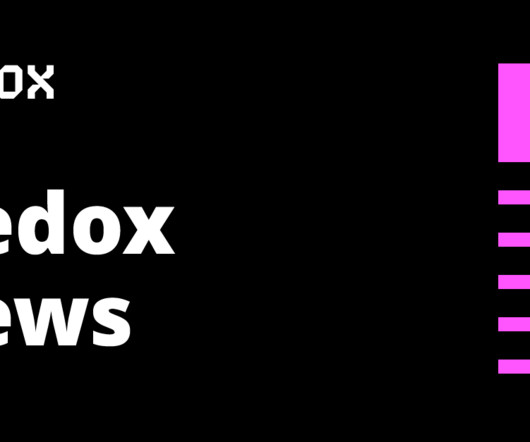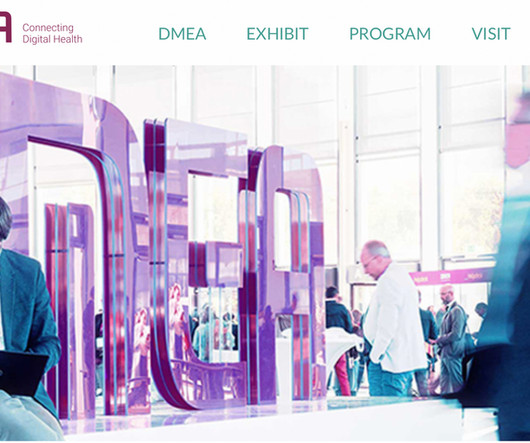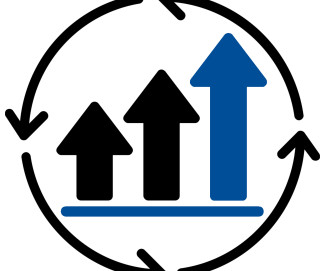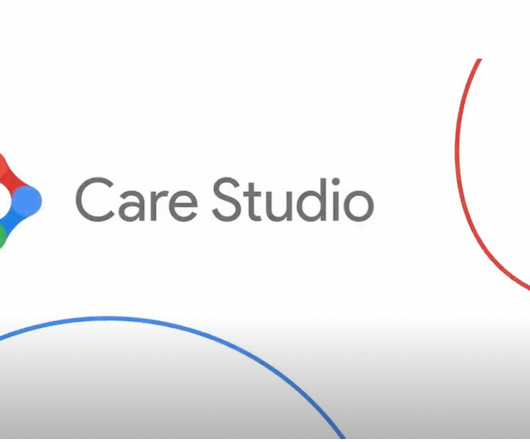Redox unwraps interoperability in 2024
Redox
DECEMBER 21, 2023
I called 2021 weird , then 2022 just as weird , but 2023? After 12 straight months of hype, clearly, we didn’t anticipate how central AI would be to the narrative and how much (or how quickly) it would change the healthcare technology landscape (at least in theory). Decidedly weirder. That said, predictions are fun!















Let's personalize your content